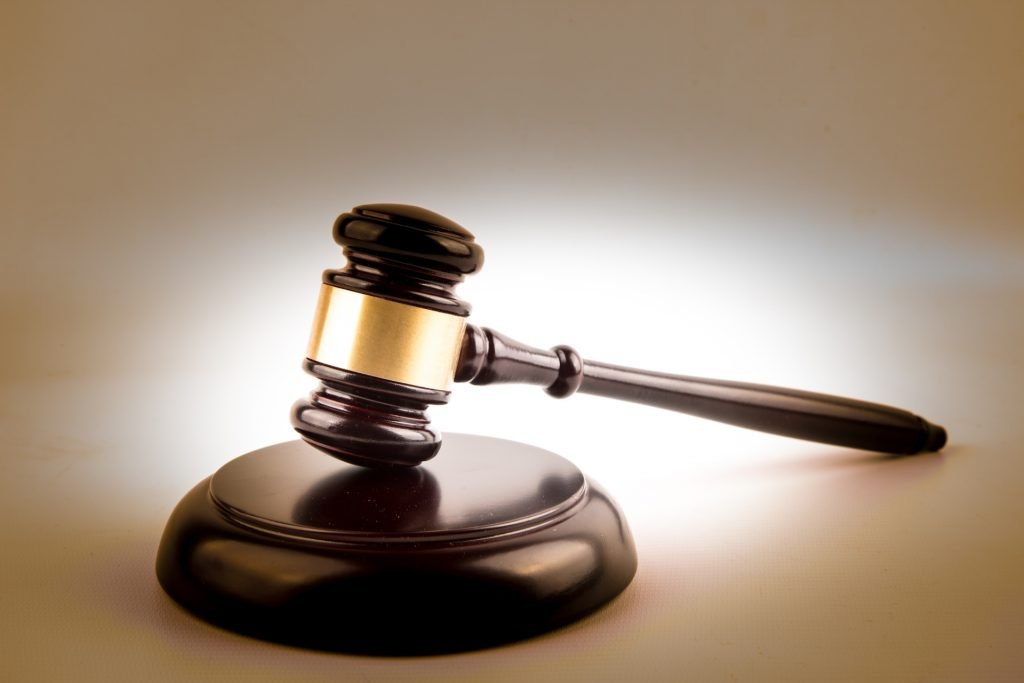Prisoners in 2006 prison riot case seek to go to Privy Council

TWO groups of prisoners who were first successful in their lawsuits against the State for an alleged beating by prison and police officers during a prison riot in 2006 are now hoping for the chance to argue their cases at the Privy Council.
Their wins were overturned when the Court of Appeal held they should not have been part of a test-case agreement.
On February 17, attorneys for the groups, now numbering about 55 in all, since a handful have died before receiving judgment, filed an application for conditional leave challenging the February 14 decision of a Court of Appeal majority. Two judges agreed and one dissented from allowing an appeal of the Attorney General on the basis that the cases should not have been part of a test-case agreement.
In 2012, Justice Judith Jones held the attack on the 57 prisoners was unjustified and unreasonable.
The riot occurred at the Remand Yard prison facility at Golden Grove, Arouca. Some of the prisoners were beaten with batons and others exposed to tear gas and shot with rubber bullets.
The claims of three, Gabriel Joseph, Antonio Sobers and Clint Wilson, were used as test cases, representing three different categories of prisoners.
Sobers’s lawsuit represented prisoners who were injured and were treated in hospital. Joseph’s represented injured prisoners treated at the prison infirmary. and Wilson’s represented prisoners who were allegedly injured but had no medical records documenting them.
Wilson was not awarded any relief, while the assessment for damages for the group of prisoners represented in Sobers and Joseph’s lawsuits was to be referred to a judge or master before the State and Wilson appealed.
In 2021, Justices of Appeal Nolan Bereaux, Peter Rajkumar and Vasheist Kokaram dismissed the State’s appeal of Jones’s findings for Joseph and Sobers. Wilson’s appeal was also dismissed.
However, the judges questioned the agreement to divide the claims by the group into three categories. It had also been agreed that the cases in each category would be bound by the court’s findings in the action representing their category.
The judges invited submissions on the issue and, in the majority ruling, decided the test-case agreement had to be set aside, since none of the other prisoners in the groups had established liability against the State.
The two judges said the appeal raised a public-law element and it was important to determine the element of liability. Rajkumar said, if not, payment by the State will be allowed to continue for the assessment of damages in matters where liability was not determined.
As a result, Bereaux and Rajkumar upheld the State’s appeal and ordered that the assessment for the two groups cannot proceed.
This meant the State no longer had to pay out millions to the prisoners, although a High Court master had already assessed two of them in the sum of approximately $200,000 each.
The concern of the test case agreement arose after the State, in October 2021, lost the appeal of Jones’s findings for the groups of prisoners involved in the riot on November 11, 2006.
In the notice for conditional leave, the attorneys for the prisoners, Gerald Ramdeen and Dayadai Harripaul, say the appeal raised issues of law that required a final pronouncement by the Privy Council.
They will be asking the apex court to determine what circumstances are appropriate for the Appeal Court to set aside a consent order entered before a trial judge which was not impugned; what are the proper considerations that govern the ability of parties to use sample, or test cases, and whether the court can grant reliefs to an appellant which were not sought.
They have also posed questions relating to the setting aside of a consent order and the powers of the Appeal Court to override the civil proceeding rules.
At least 16 of the men who will not receive compensation as a result of the court’s most recent ruling and who were part of the Sobers group have spoken out on what they say is the “injustice” to them.
A few of them said in a statement, “The State agreed to the test cases. They are now asking these 16, who were part of the test case, which the State agreed to before Justice Jones, to now send witness statements after all that time. Some have died, some have been released, others are still here in prison. All they know they were beaten and have medicals to prove this.
“Is this now happening because of the Vindra Naipaul-Coolman (malicious prosecution) case? Who is hiring an ex-justice or two to investigate these injustices?
“Or is it that the only time someone would be hired is when it is believed injustice was done to the State?”

Comments
"Prisoners in 2006 prison riot case seek to go to Privy Council"